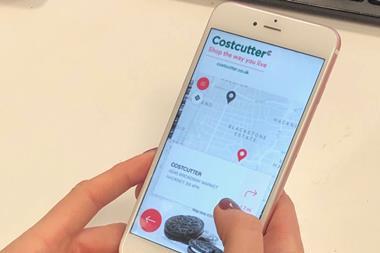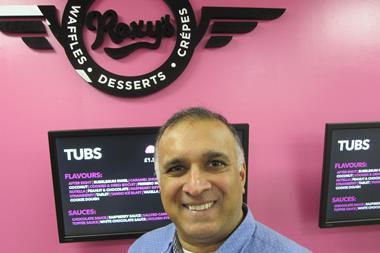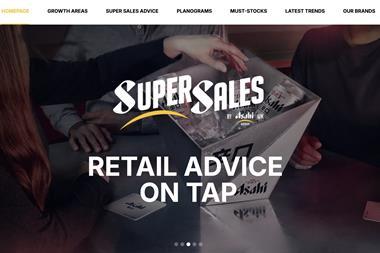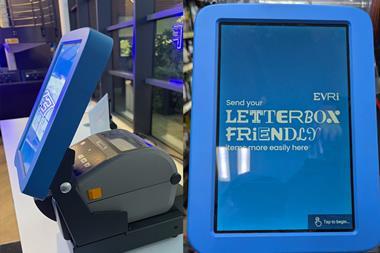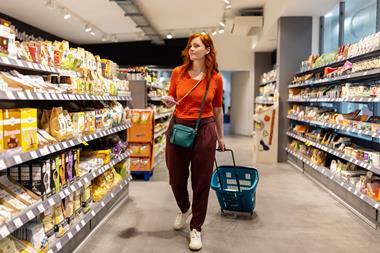Technology: Reaching the digital customer

With smartphones an integral part of consumers’ lives, convenience retailers need to find new ways of engaging with their shoppers digitally, and a new suite of apps could be just the thing to bring their stores up to date
ALREADY HAVE A REGISTERED USER ACCOUNT? PLEASE LOG IN HERE
To read the full story join the ConvenienceStore.co.uk community today!
Registration is quick and easy and provides access to:
- Unlimited ConvenienceStore.co.uk articles
- Our great range of newsletters
- Content you’ve saved for later via the ‘my library’ feature
And much more…





















